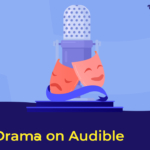What are your Biggest Challenges? | Women of Fiction Podcasting #3
Wednesday 8 March is International Women’s Day.
To celebrate, we’ve enlisted the help of Lauren Shippen, creator of The Bright Sessions – one of the best fiction podcasts on the planet right now!
Lauren has organised a roundtable conversation with fellow audio dramatists from The Elysium Project, The Blood Crow Stories, The Alexandria Archives, Lesser Gods, Radiation World, Jim Robbie & The Wanderers, The Bridge, The Penumbra Podcast, and Deck the Halls (with Matrimony!).
In Part 3 of this series, Lauren asks the panel:
What are some of the biggest challenges you face in making your podcast?
Natalie Van Sistine, Writer / Creator / Sound Designer / Voice of Kate, The Elysium Project
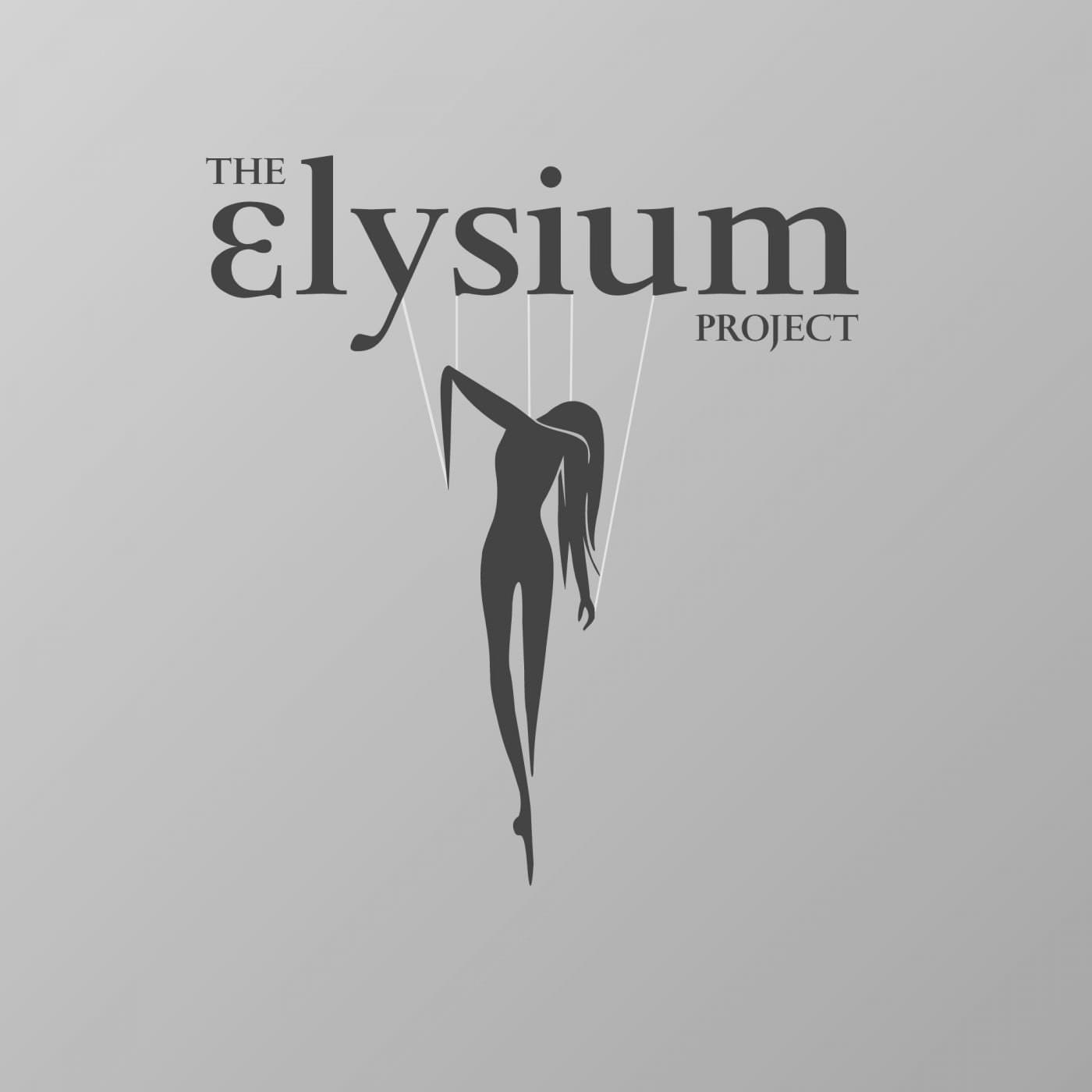
For me, the biggest challenge was that I was not remotely prepared for podcasting to explode the way it has in the past few years.
I started with an ‘old school’, late 2000’s mentality of production, when it wasn’t uncommon to produce only one or two episodes at a time and have only two or three releases a year (as much as I wished it were faster!)
Audience expectations have changed a lot and I’ve begun adapting to that, for example, by creating the mini-episode series. Additionally, a lot of my actors have gone from ‘wouldn’t it be great to just audition for things like video games and animation?’ to that being their day job. They’re still incredibly generous to donate their time and energy to the show, so it’s important to me to respect the new position they’re in.
As of Season 2, I plan to finish writing and recording before we start releases. We can then go to a monthly schedule instead of finding time to do one episode here and there. I think that will help us build and retain a more consistent audience, as our release schedule seems to be the main reason for complaint that we hear.
Ellie Collins, Writer / Director / Voice of Darla and Saoirse, The Blood Crow Stories
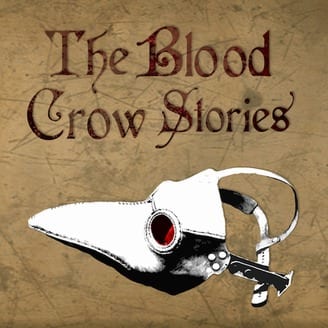
We have a very large cast. Getting them all together is a challenge, so sometimes we record two sides of a conversation at different times. Thankfully, our cast is wonderful and it flows well.
We also have a LOT of options for Foley, and that can be a challenging process of trying multiple different sounds over many, many layers to create the environment that we want.
Nicole Jorge, Writer / Creator / Voice of Morning Wood, The Alexandria Archives

Definitely time management. Everyone currently involved with the podcast works a full-time job, and it’s a struggle to find the time to produce the quality work we’re comfortable sharing with our listeners.
We’ve all got a lot better at scheduling since this project started!
Colleen Scriven, Writer / Creator / Voice of Rhea, Lesser Gods

I think the biggest challenge I’ve faced with my show is finding new audience members.
I come from a background in comedy, so sometimes when I’ve tried to sell this darker show to my friends and family I’ve struggled a little.
That’s why our online audience has been so helpful – the people who talk about this show online are incredibly passionate. They make me feel a lot more confident about telling my grandmother about my semi-dystopian, scifi drama that deals with the increasingly more realistic idea of someone else owning your body … well, maybe that ISN’T the most pleasant, grandmother conversation!
The communities we’ve found on Reddit, Twitter, and Instagram have been the most helpful at spreading the word about our show and they even give us some constructive criticism. I cannot overstate how welcome the podcast community has made me feel.
Hari Rai Khalsa, Writer, Radiation World & Sahib Simran Khalsa, Sound Wizard, Radiation World

There are a lot of details to keep track of. Once you start doing something publicly you really have to put on your big girl pants in a way that you can generally get away with not doing in other aspects of life.
If I don’t make my bed in the morning, probably nobody will notice or care (aside from my mother’s spidey senses tingling from afar). But when a large, anonymous mass of humans on the internet are actually interested in this story you’ve sucked them into, there’s a certain obligation to make sure your ducks all show up in something resembling a row.
Making an episode you feel creatively satisfied with is one thing (not a trivial thing by any means, but the thing you’ve already thought about when you decide to follow this whim in the first place).
But once you’ve done that you then have to come up with a catchy title. And you have to write a little description to show up in iTunes. And make a little graphic banner for it. Figure out who was in this one and write out the credits. Update the info on your website … and somehow it’s five o’clock in the morning and you’d think that after doing this enough times you’d have figured out how long it takes by now … but for some reason that’s not the case.
And then, finally, the thing is alive in the world and yay! But also, oh no!, because now you’d better tell people about that, so you have to write a tweet about it, and a Facebook post, and an email, and probably a Tumblr thing (how does one even Tumblr, by the way?). And then you remember in the middle of lunch that there are, like, six other channels through which you were supposed to tell people about it but forgot, and now you have to tell everyone about your thing through those, and, after all that, you realise that you’re supposed to be working on the next episode instead of checking your stats …
In the meantime, you have to somehow bend space–time to get a couple of actors into the same room at the same time. You have to remember to take an occasional picture for social media to prove you really exist. And respond to messages to prove you really exist.
Don’t get me wrong – these are all wonderful tasks to have to accomplish, because we love this, but also QED: if you’re the kind of person who thrives on making intricate organisational systems, you should probably start a multi-cast podcast. As for the rest of us, we’ll probably get better at it with time. Who knows?
Iri Alexander, Creator / Writer / Voice of Tango, Jim Robbie and the Wanderers
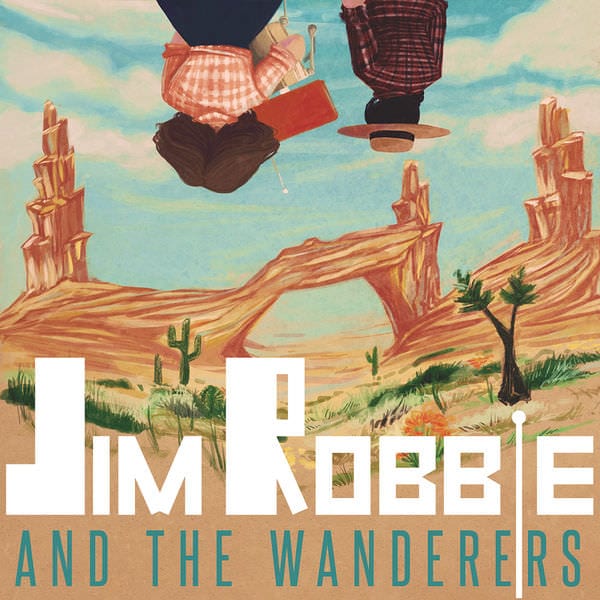
If you’ve heard the first season of the show it may be obvious that we started without any actual idea of what we were getting into.
The first few episodes were shoddy due to attempting a ‘one-take-everyone-huddle-in-close-around-a-badly-positioned-microphone’ approach. But we’ve developed a lot since then.
With the stigma of podcasts being a ‘hobby’ medium still somewhat prevalent today, even with podcasts on the rise, it was hard to break into ‘the good podcast group’. I still maintain wholeheartedly that having those learning moments in the first season is what allowed us to get better and better so quickly.
Personally, I’ve mostly been over my head with work – even with such a large team I’m handling most of the minutiae, including scheduling, budgeting, editing and double checking, and a lot of the little things that fall by the wayside.
I’m lucky that I have a job that lets me support the show but, let me tell you, working 8–5 and trying to run a podcast can wear you out very quickly. I’ve spent a lot of time sick from stress or panic. I’m still trying to figure out how to balance working on things and giving myself time to breathe. The fact that I constantly want to work on the show, even after I’m burned out, astounds me.
Alex Brown, Writer / Creator / Voice of Etta, The Bridge, Rebecca Mahoney, Writer / Creator / Mysterious Voice, The Bridge
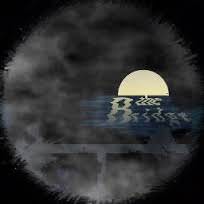
RM: Figuring out our production process involved some trial and error. Alex, who is a coordination rockstar, took on the brunt of that. But this is the first project I’ve been a part of in which writing has only been the first step in a process involving a huge group and a lot of competing schedules, and we had a few very tight turn-arounds in our early episodes.
Our goal going forward is definitely to give the cast and crew more time to work their magic with the scripts. (Which also means fewer sleepless sound-mixing nights for Alex!)
AB: Oh my gosh, there were so many struggles that happened during our first few episodes. For the most part, everyone lives in different states (and different regions in the USA), which means we also record our lines separately.
I spend tons of time listening to lots of takes – figuring out if anything needs to be re-recorded and which piece of dialogue will fit smoothly with another. It’s definitely a process that still needs to be refined, but it’s evolved significantly since we first started.
Getting thrown into the thick of things was probably not the best move for my sleep schedule, but I don’t think I would’ve learned so much if it wasn’t for the struggle that was putting this podcast puzzle together. In fact, all of the coordinating schedules and sound editing things that I once dreaded have become my favourite parts of the job!
Sophie Kaner, Co-creator / Director / Sound designer, The Penumbra Podcast
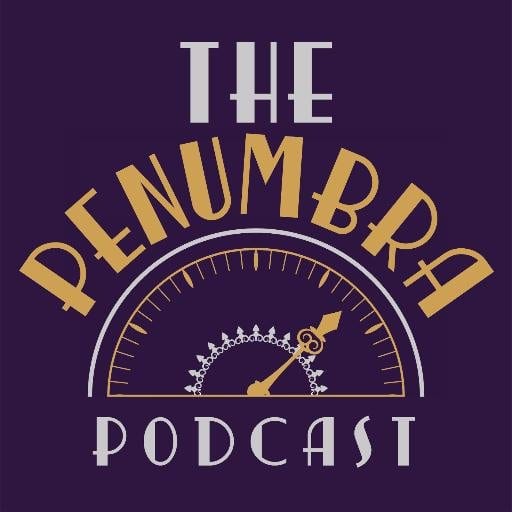
Getting the damn thing done on time, honestly.
To me, it’s paramount that we stick to a regular release schedule, but, in addition to the sound design (a full-time job in itself) and co-creating the stories, I also have a running list of smaller tasks that always need to be taken care of: updating our social media accounts, responding to fans, developing merch, writing copy for the website, scouting new actors, creating Patreon rewards, etc.
In addition to the wonderful actors and crew, I am lucky enough to have a scrappy and tireless operations team, which is a tremendous help and allows me to delegate to a certain extent. But because we’ve seen some growth in recent months, there is simply too much on our plates to be able to get it all done in a timely manner. So, basically, I’m always running around doing triage.
Paula Deming, Producer / Voice of Emma on Deck The Halls (with Matrimony!), Co-founder Sassquach Radio
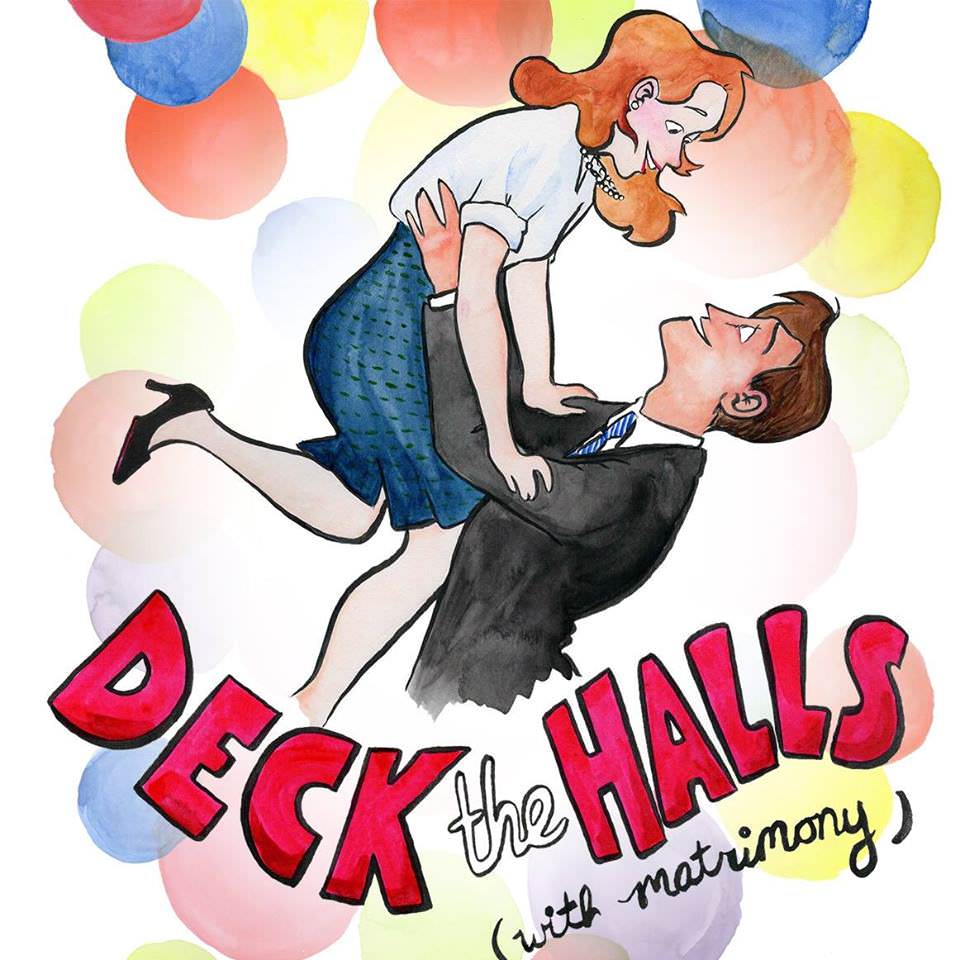
Honestly – the biggest challenge has been inexperience. I’ve never made a podcast before, so figuring out how to go about recording it, getting the post-production done, how to get the darn thing living on the internet, and then how to get people to listen to it has been the biggest challenge.
Luckily, each of these things gets easier with each new podcast/episode. Also, the community has been so welcoming and open and I’ve learned SO MUCH. It’s amazing what you can learn and the info you can find if you do a few Google searches and shamelessly ask for help anywhere you can.
If I can figure out how to do this, I really think anyone who is willing to put in a little time and hard work can!
Ashley Quach, Writer / Director / Producer on Deck The Halls (with Matrimony!), Co-founder Sassquach Radio
Money. Always money. I want to pay my team more, and I want to produce shows faster. I will say that I’ve been bowled over by the enthusiasm and generosity of our cast and collaborators. Their can-do and candour made every challenge we met surmountable.
Pre-production scheduling. When I was in pre-production on Deck the Halls (with Matrimony), I had stress dreams about writing emails. Negotiating schedules, meetings, rehearsals, recording dates: it’s not complex, but it’s stressful and all-consuming.
Putting the podcast into the world. I’m not a born publicist, and our first radio production went out on a hectic holiday schedule. We had to learn to do a lot of it at the last minute. (RSS feed submissions, iTunes hurdles, how to write press releases, etc.)
Lauren Shippen, Creator of The Bright Sessions

I’m sure I would have answered this question very differently 18 months ago but, at the moment, my biggest challenge is time. Between scheduling recordings, editing dialogue, running social media, coordinating events, doing paperwork, budgeting, and so on, I feel like I barely have time to actually write.
Making a podcast can turn into running a full-time small business if you let it, and, while we’re making some money, we don’t have quite enough yet for me to justify hiring an assistant.
In the beginning, I think the biggest challenge was being taken seriously. When we started releasing episodes in the fall of 2015, fiction podcasts existed – and a couple were already huge – but in general they weren’t as widespread or popular as they are now.
When I sent out press releases or told people about our show, the assumption was often that it was just a fun hobby, rather than an earnest artistic endeavour.
For a lot of mainstream media, a science fiction podcast that isn’t Welcome to Night Vale is a bit of a hard sell, especially when it comes from a young writer with zero previous writing credits.
Thankfully, this is starting to change as more and more journalists start to write about fiction podcasting.
The Fiction Podcast Weekly
Fiction Podcast Weekly is an email newsletter, bringing you the latest from the world of audio fiction, audio drama, and sound storytelling.
Are you involved in the medium in any way? Whether that’s as a writer, producer, voice actor, curator, or even just a hardcore listener who loves the ‘behind the scenes’ stuff. Whoever you are, whatever you do, this is a great way of staying up-to-date with the latest happenings and opportunities in the fiction podcasting realm!
